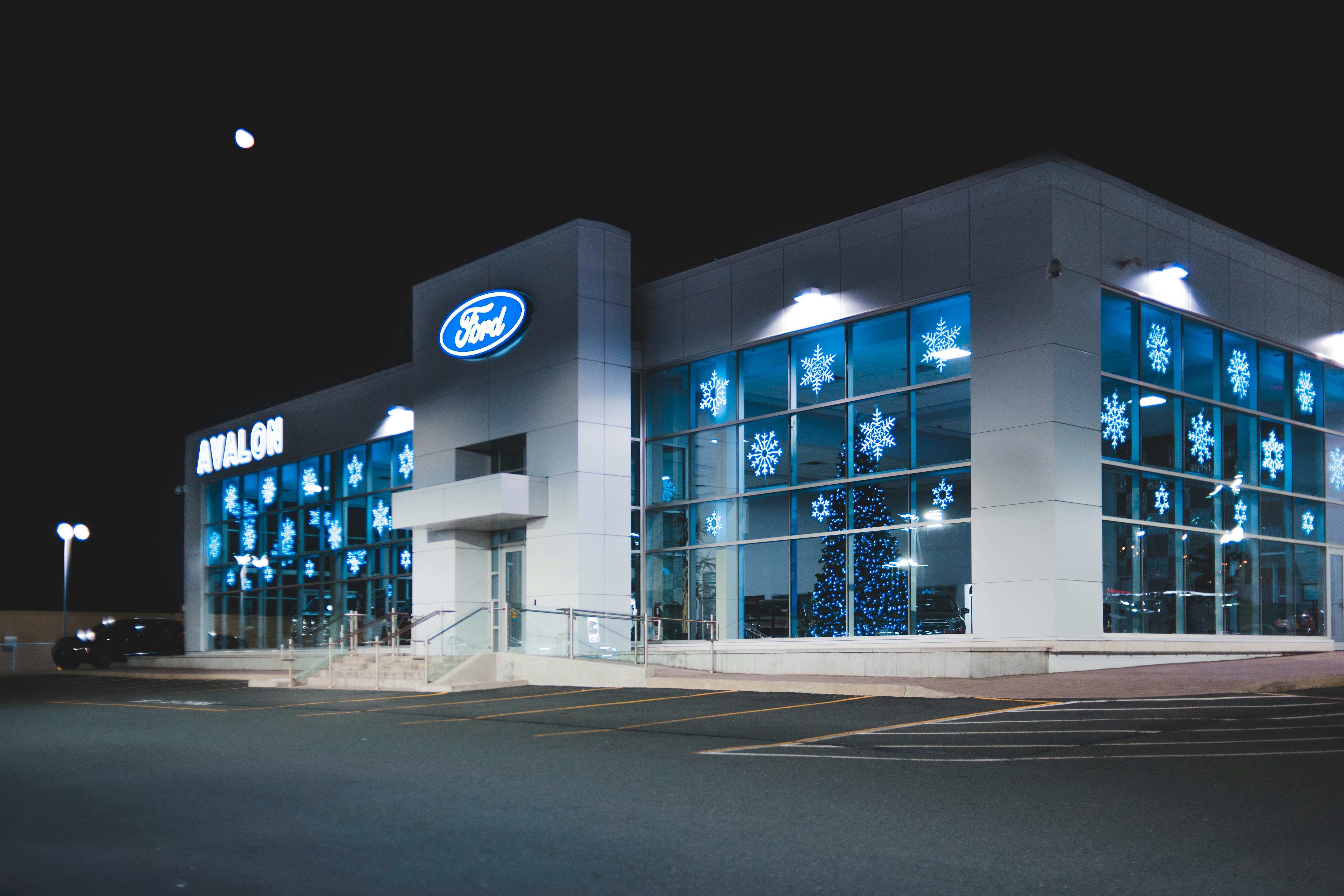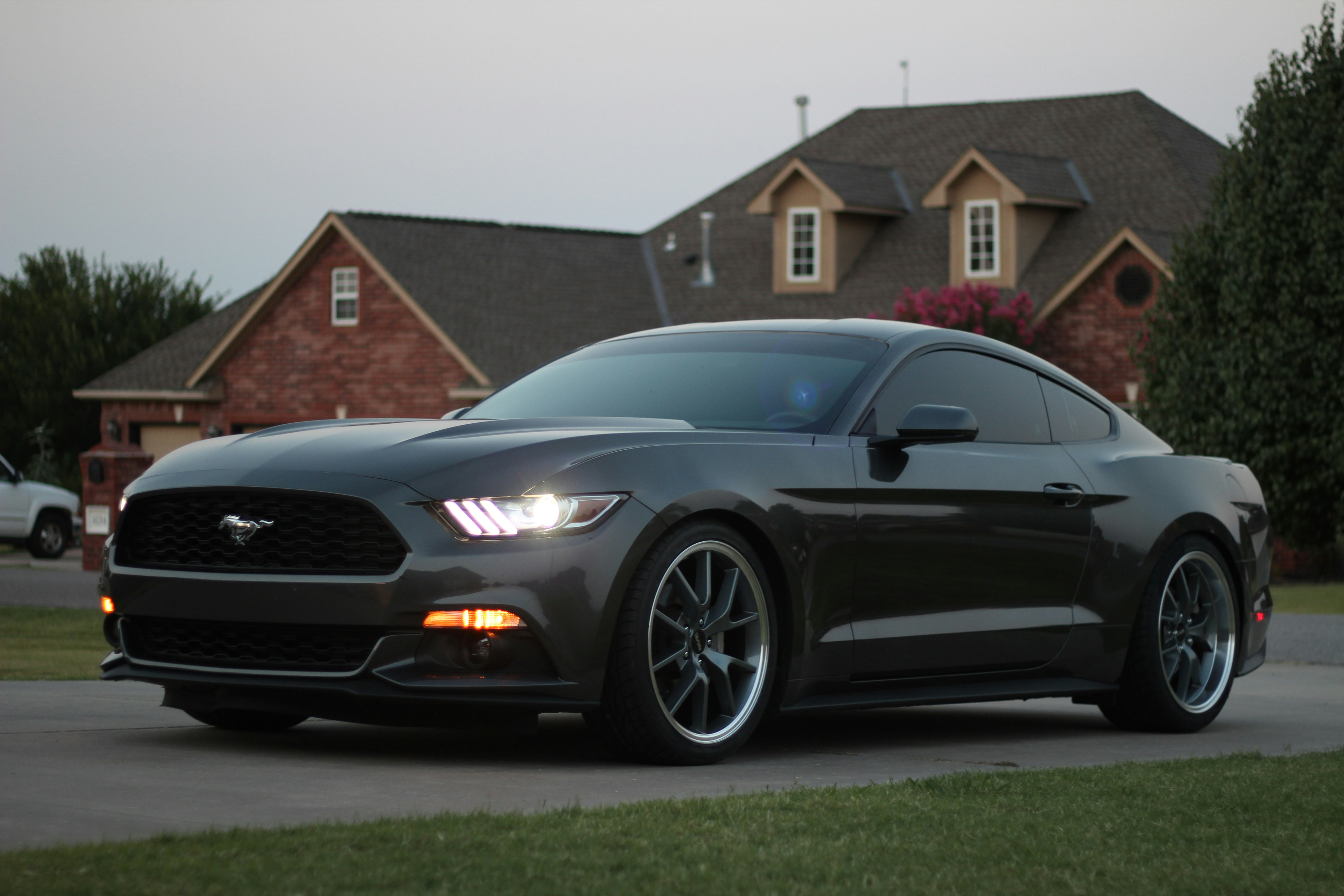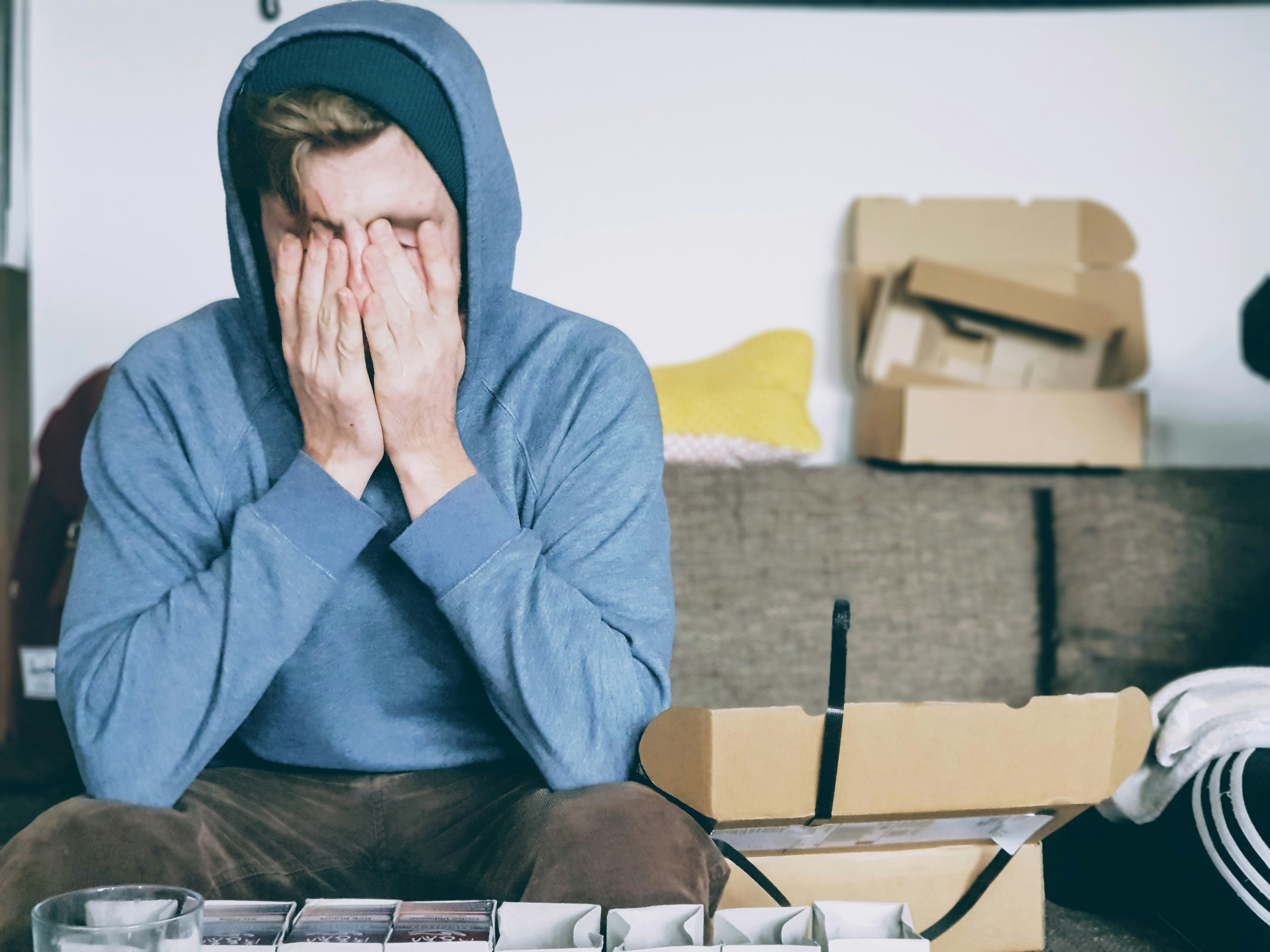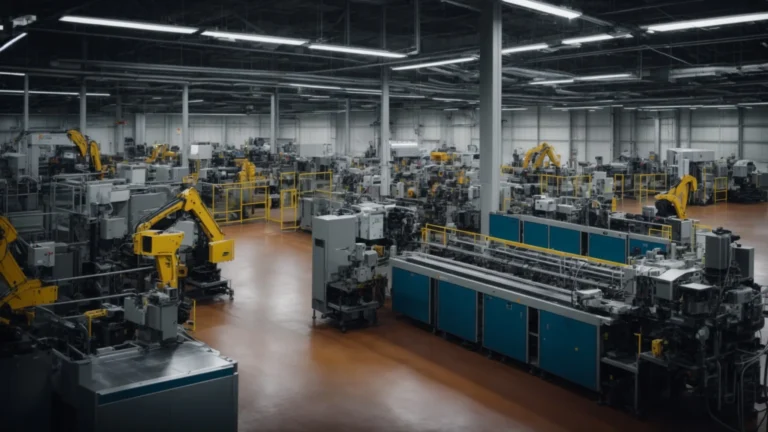Owning a vehicle is a huge step in any young adult’s life, which is why it is important to do your research and know everything that comes along with buying a car. You need to check out the type of car you want, the gas mileage it gets, its safety rating, and how much you may be spending on an auto insurance policy.
Buying car insurance can be a daunting task, especially when you are faced with legal jargon that comprises a typical auto policy. Insurance companies are not always clear on what they offer either, which can make it a more confusing and overwhelming choice. When you set out to buy insurance after purchasing a car, you’ll need to look into collision coverage, liability insurance, and much more. Check out more information on buying cars and car insurance policies, to help cut through the jargon and get to when you need to know.
Buying a Car: Knowing the Basics Before You Go

When you decide to head into a dealership to purchase a vehicle, there are some basics you should know before walking through the doors. Decide beforehand what kind of car you want. Do you need a small sedan for personal use, or are you considering getting an SUV so that you have more room inside, in case you want to expand your family? Conduct thorough research on your chosen vehicle so that you know what you are getting into, and you’ll also need to think about the pros and cons of buying a new car or a used car. Google “cars for sale near me” to get an idea of how much-used cars are selling for in your area so that you can use the information as leverage, while haggling on price negotiation.
You will also want to read about every step of the car buying process so that you are not blindsided by something the car salesperson tells you. Make sure to take a couple of models out for a test drive to ensure that you like the way that they handle.
It may benefit you to also check your credit score before you go. Sometimes, there could be unknown items on a credit report that you had not seen that could affect your approval odds. You can obtain a free credit report every year, and the Federal Trade Commission provides information on how to do it. If you are armed with the knowledge of what’s on your report, you won’t be surprised by anything whilst at the dealership.
Once you go through all of the steps of purchasing your new car, truck, or other vehicles, you will have to demonstrate that you have auto insurance coverage before you drive the vehicle away. Call your insurance company or insurance agent to review your coverage options, get a policy that covers all of your needs, and give them a heads up that you plan on getting a new car. If you have a loan on the car, you’ll be required to carry collision coverage and not just the basic liability coverage.
Car Insurance: Learn About the Coverage You’ll Need

The world of insurance is not an easy one to navigate. There is basic coverage, optional items to add to your policy, and then you have to shop around to various insurance companies and try to find the best rate on a premium for you and your family. Instead of doing all of this on your own, consider consulting an experienced insurance agent such as the Tulsa Insurance Group who can handle all of this for you, and come back with the best rate possible. An insurance agent will help you and also handle your payments to make it a streamlined process that is more convenient for you. They’ll help you find the right coverage.
In the United States, it is illegal to operate a motor vehicle without an insurance policy. Not only does this protect other drivers in the event of an accident, but it also protects you. Insurance is there to give you peace of mind, regardless of whether you have full coverage, optional coverage, or basic liability insurance.
Liability insurance also called personal liability and property damage (PLPD) insurance, is the basic coverage. Learn about PLPD insurance and why you need it. Without insurance, you won’t have any protection if you cause an accident. Insurance is supposed to cover property damage and medical bills for the other driver and without it, you can be financially liable for their medical bills, pain and suffering, lost wages, and more. This type of property damage coverage ensures that both you and the other driver will at least have some sort of protection or compensation for what happened in the accident. However, if you have just the basic insurance that is only liability, it may not cover your property damage; only the other driver’s.
If you want your car to be covered in the event of an accident, then you will need collision coverage. This is required if your car is not paid off, but many people choose to drop this coverage once their car is paid for, in order to cut their monthly costs. While it is understandable to try and cut down on bills, it is generally better to keep collision on your policy, as it is what covers damage to your car. Some policies will also give you a daily allowance on a rental car if it needs to be repaired. Check with your insurance carrier to see if that is a possibility for you.
Along with liability, you may also want to include uninsured motorist coverage or underinsured motorist coverage. This will provide you with extra money should you get involved in a wreck with a driver who has a minimum policy, or has let their insurance lapse. Most policies offer $25,000 or so to help cover property damage and medical costs.
What Can Happen if You Do Not Have Car Insurance

If you do not have auto insurance, then you will end up with no financial protection if you are at fault for an accident. In this case, the injured party may sue you for the damage you caused. Types of damages they can sue you for include:
- Wrongful Death: Funeral expenses, burial costs, loss of companionship, and more can be claimed in a wrongful death suit against you.
- Lost Wages: If the other driver misses time at work to recover from the accident and their injuries, they can claim those lost wages.
- Medical Bills: Hospital stays, doctor visits, surgery costs, and more may be things that you will be stuck paying without insurance coverage.
- Pain and Suffering: Mental and emotional trauma is something that the other driver could be compensated for as well.
Depending on what state you live in, you could be staring at hundreds of thousands of dollars in financial liability all because you opted to stop paying your insurance bills. On top of this, you may incur tickets from the police officer who responds to the scene of the accident, which may end up with you receiving heavy fines and fees. While car insurance rates can be expensive, it is much more economical to keep your policy current and avoid these risks. At the very least, make sure you have PLPD car insurance so that you are somewhat protected.



